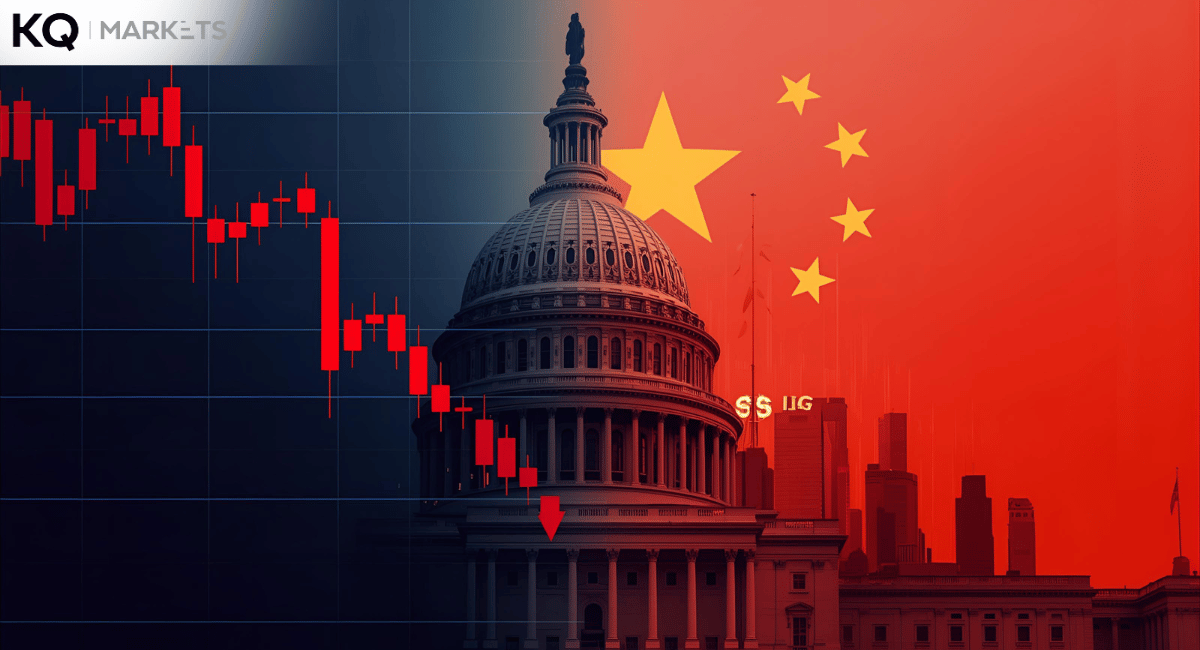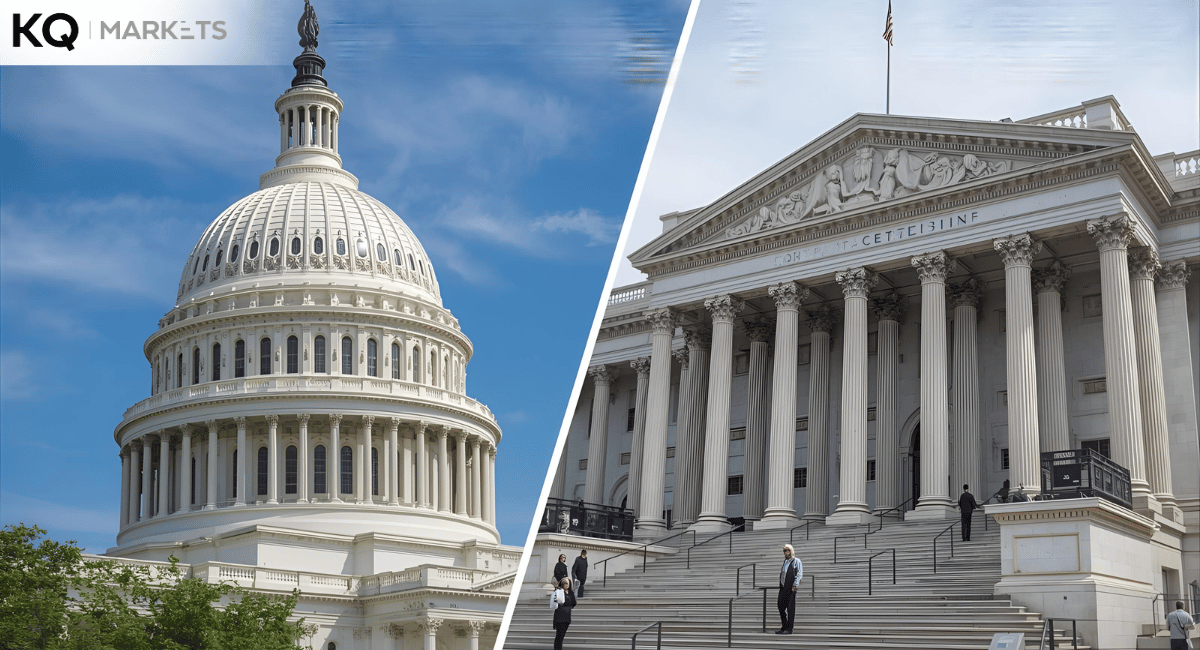The UK out-of-recession hopes have sparked optimism after the ONS (Office of National Statistics) announced February's economic growth. What factors shaped the growth? Well, this post unravels the ongoing UK economic growth and recovery from recession.
Is the UK Out of Recession?
The ONS recently reported 0.1% UK GDP growth for February, sparking hopes for a recovery from recession. Official UK economic growth figures indicate that the uptick resulted from the resilient manufacturing, production, and car industries.
Yet, several sectors, such as construction, dropped due to adverse weather conditions. Chancellor Jeremy Hunt hailed the UK economic growth report as promising a recovery from recession. However, he clarified that the UK must strictly adhere to the plan.
On the other hand, Rachel Reeves, Labor chancellor, voiced concerns over high taxes and low UK economic growth. She clarified the impact of the recovery from recession spans beyond statistical figures. Simply put, it should reflect a robust UK fiscal stimulus, foster UK job market growth, and attain economic stability.
Which Factors Impact Plans to Get the UK Out of Recession?
Several factors influence the UK's recovery from recession and economic growth. Overall, these include fluctuating prices, national cuts, global uncertainties, and investment. This section covers how these factors impact the UK GDP growth.
-
Insurance Cuts
The prospects to get the UK out of recession vary due to insurance cuts. In any case, these cuts seek to relieve the burden on employees and employers. Cuts impact the UK job market and recovery from recession through income and the CPI.
-
Price Trends

Fluctuating prices hinder UK economic growth by eroding consumer purchasing power. In general, rising prices may also result in lower UK export performance, a fluctuating UK stock market, and slow recovery from recession.
-
Spending & Investment
Increased investment and consumer spending rejuvenate business revenue and drive the UK economic growth. In the meantime, it helps to stabilize the UK job market through job creation and sustained UK GDP growth.
-
Global Uncertainties
Global market fluctuations and trade disruptions in the Middle East and Ukraine have created tension over commodity prices. Thus, policymakers are navigating complex global demand and supply chain disruptions that hinder the UK GDP growth.
Why is it Important to Get the UK out of Recession?
Exiting the recession implies factors beyond UK GDP growth statistical indicators. Simply put, recovery from recession is critical for the UK economic growth, fiscal health, and labor market. This part covers reasons for plans to get the UK out of recession.
-
Economic Stability
Economic stability ensures resilience, confidence, and predictability in the face of uncertainties. In other words, stable UK economic growth will foster business expansion and investor confidence. It will allow a resilient UK stock market.
- Labor Market
Meanwhile, bringing the UK out of recession implies job creation to reduce unemployment. Exiting the recession will allow the UK to offer employment, expand businesses, and invest in human capital. Thus, it will stimulate spending and boost consumer income.
-
Fiscal Health
Policymakers must ensure excellent fiscal management, attain sustainable UK GDP growth, and restore government finances to get the UK out of recession. Thus, fiscal health is vital for responsible revenue generation, debt management, and budgeting.
Wrapping Up!
Jeremy Hunt’s optimism about bringing the UK out of recession contrasts with Rachel Reeve’s opinion. Yet, Goodfellow's chief financial officer (Andrew Watson) and KPMG UK's chief economist (Yael Selfin) underscore the ONS report. Managing the labor market, price trends, investments, and cuts will deliver the UK out of recession.




